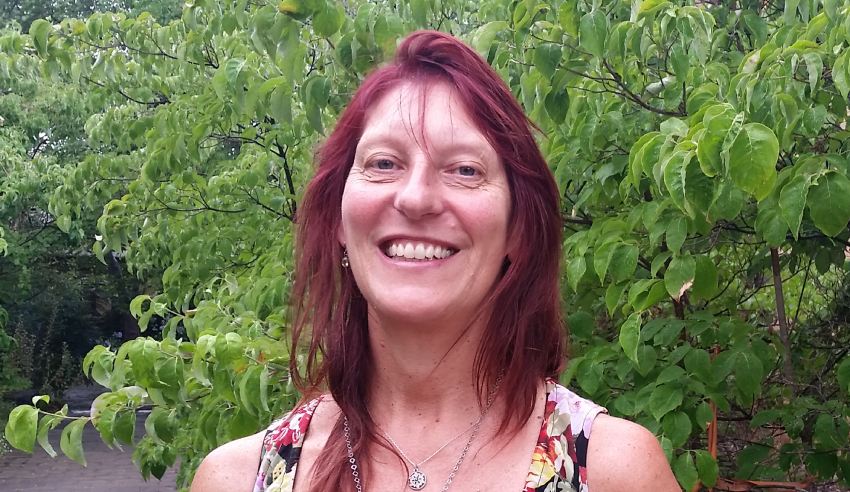Amid the many recommendations for improving family, domestic and sexual violence against women, legal expert and honorary associate professor Liz Curran has told lawyers to “stop talking about ourselves” and instead redirect the focus to how they can better deliver legal services to victims and receive much-needed funding.

Using recent research from Australia, practice initiatives and her own examinations, associate professor Liz Curran has looked at innovative practices and developments that could improve the way the system protects the vulnerable, including victims of sexual, family and domestic violence and other mistreatments against women.
“The idea is to open up a dialogue about how we can make the law better. This could involve training emerging lawyers differently to ensure they have stronger communication, problem solving and interpersonal skills,” associate professor Curran said. “We need to better equip lawyers to respond to community need.”
When it comes to asking for funding into legal aid services, the associate professor said lawyers “talk a lot about why legal services are important” for themselves but the conversation needs to be about the person and the help that they need and how lawyers are facilitating that help. She said that the moment lawyers ask for it for themselves, “they are seen and used by politicians and by funders”.
“Sometimes lawyers are our own worst enemy. That means that we have a really hard time convincing the public that we are as important in funding as education and health. We need to explain how we can help people with their problems better and we need to improve the legal system and its responsiveness to get that trust, which would then lead to improved funding,” she said during a book launch event.
“We are at the bottom of the pecking order and until we make the argument on why we are important and critical in a better way, we will continue to have problems.”
Introducing the book and commenting on the funding issues to legal aid services, Victorian Court of Appeal president the Honourable Justice Chris Maxwell AC mirrored this, adding that legal professionals tend to have trouble communicating.
“We as participants of the legal system is probably not very good at explaining and communicating in a way that is not seen as self-interested. While the multifarious ways about access to law is a common good, I think it is unsurprising that those responsible for funding also may lack appreciation of that concept,” he said.
In the book, Associate Professor Curran also recommended that the rule of law should be flipped so that it becomes about the community and servicing clients. She said instead of asking what the system requires of people, how can it better respond – and particularly how it can respond to everyone, not just the select, elite few.
During the launch, Associate Professor Curran took issue with the way former attorney-general Christian Porter defined the rule of law in strenuously denying historic rape allegations: “I was most angry when I heard the rule of law being used to support a person of power, a white male. The rule of law is for everyone.”
Similarly, she said the death of Mr Porter’s accuser Kate (whose full name has been protected), was an example of poor responses during critical moments.
“We saw the impact of COVID-19 on Kate who made an allegation of rape that was more than 30 years old and because of COVID and the issue of lockdown, she withdrew her complaint and committed suicide. That is an example of poorly done legal services,” Associate Professor Curran commented.
